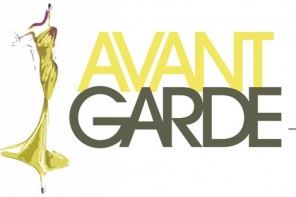South Africa has lifted a moratorium on shale gas exploration in the country’s semi-arid Karoo region, where the extraction technique of “fracking” might be deployed, minister in the presidency Collins Chabane said on Friday.
“Cabinet endorsed a recommendation of the report on the lifting of the afore-stated moratorium,” Chabane told reporters.
The cabinet imposed the moratorium in April of last year.
Environmentalists are opposed to fracking because they say it will harm the environment.
“Earthlife Africa’s position is actually quite simple: There is ample scientific evidence to confirm water pollution and the point that the water is at a shallower level than the gas is of indeed more concern both because of the potential break in integrity in the fracking cement lining and from the actual escape of the fracking water,” said Muna Lakhani, Cape Town branch co-ordinator for Earthlife Africa.
Others have lobbied for increased and accelerated investment in renewable energy sources.
“We do not need unconventional gas to meet growing energy demand in South Africa, as we have far more immediately viable and sustainable energy development options than shale gas.
“Scenarios for energy supply, both nationally and globally, consistent with strong economic growth, indicate the imperative for not utilising the full extent of fossil fuel reserves already established, but rather prioritising the use of renewable energy resources,” said the WWF.
According to an initial study commissioned by the US energy information administration, South Africa has 13.7 trillion cubic metres of technically recoverable shale gas resources, most of which are located in the vast Karoo Basin.
It is estimated that one of the applicants, Royal Dutch Shell, could conservatively spend $200m in exploring for shale gas in the Karoo.
Via Reuters











